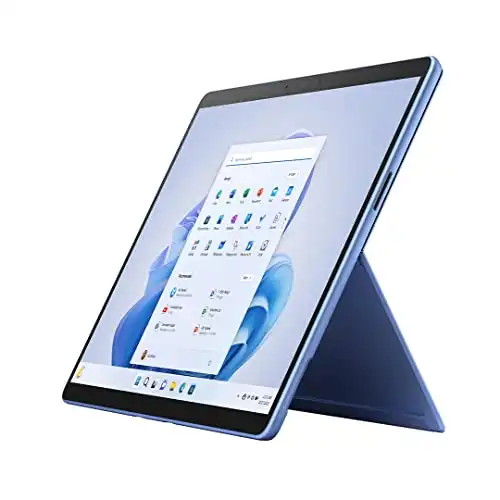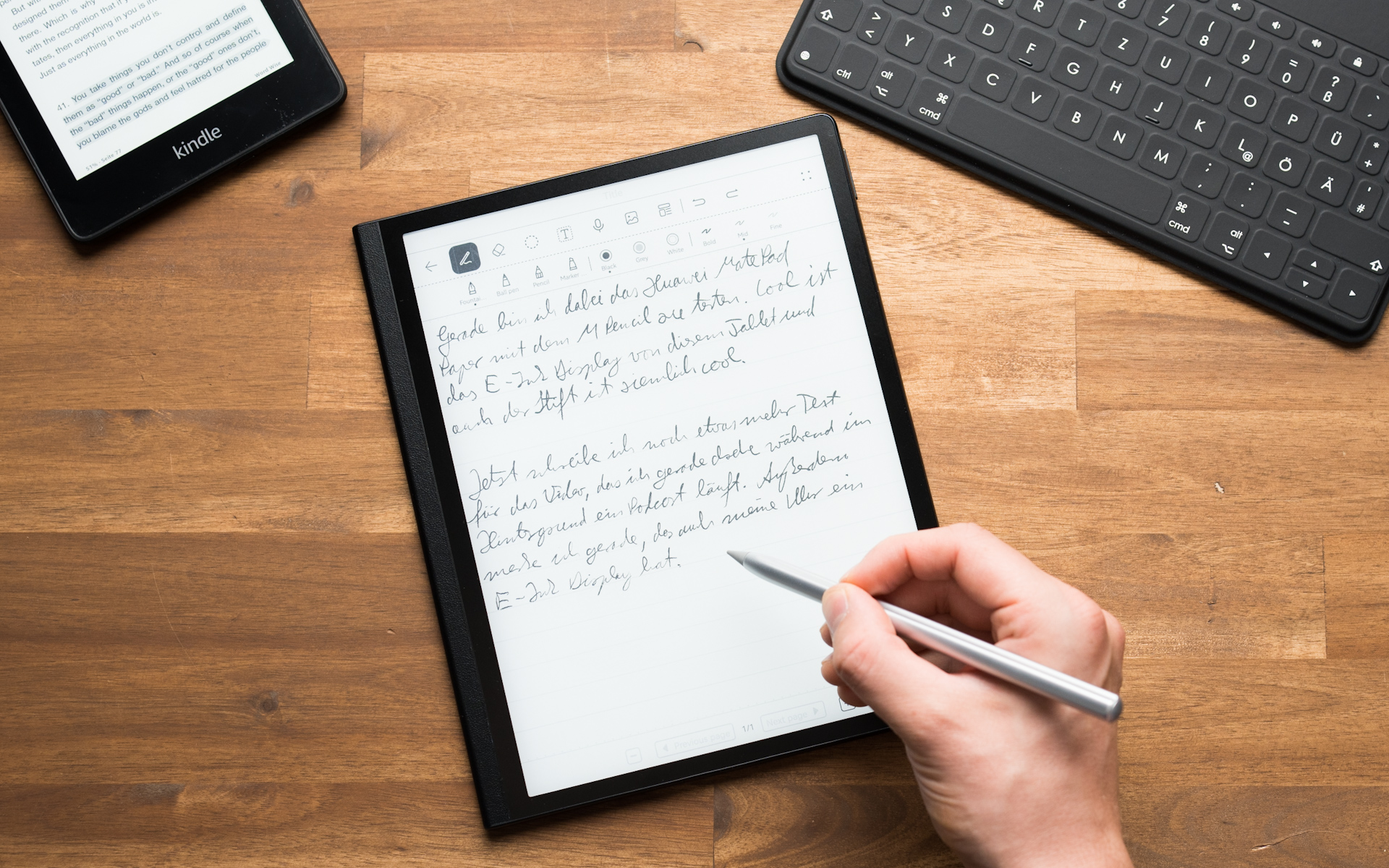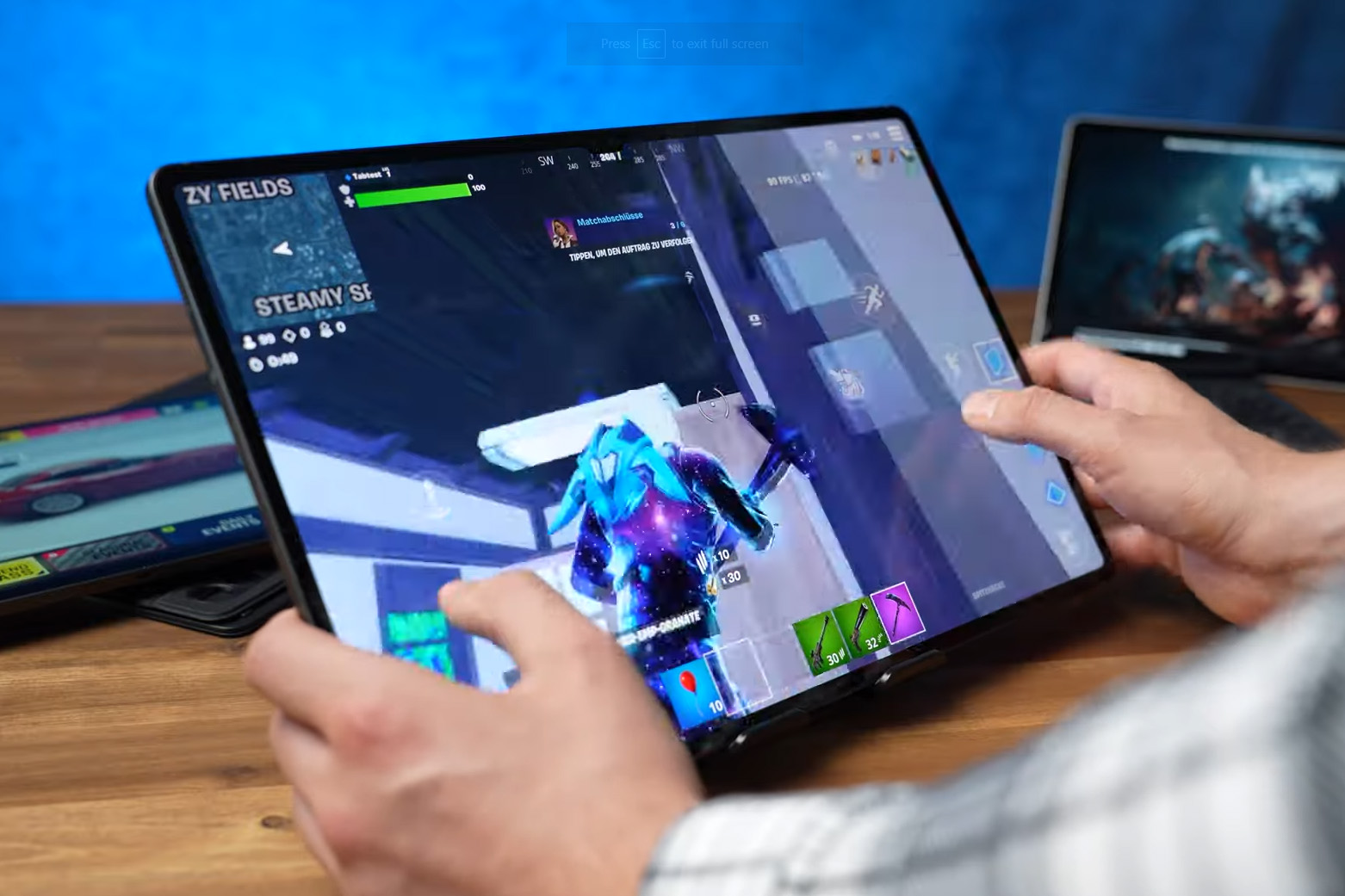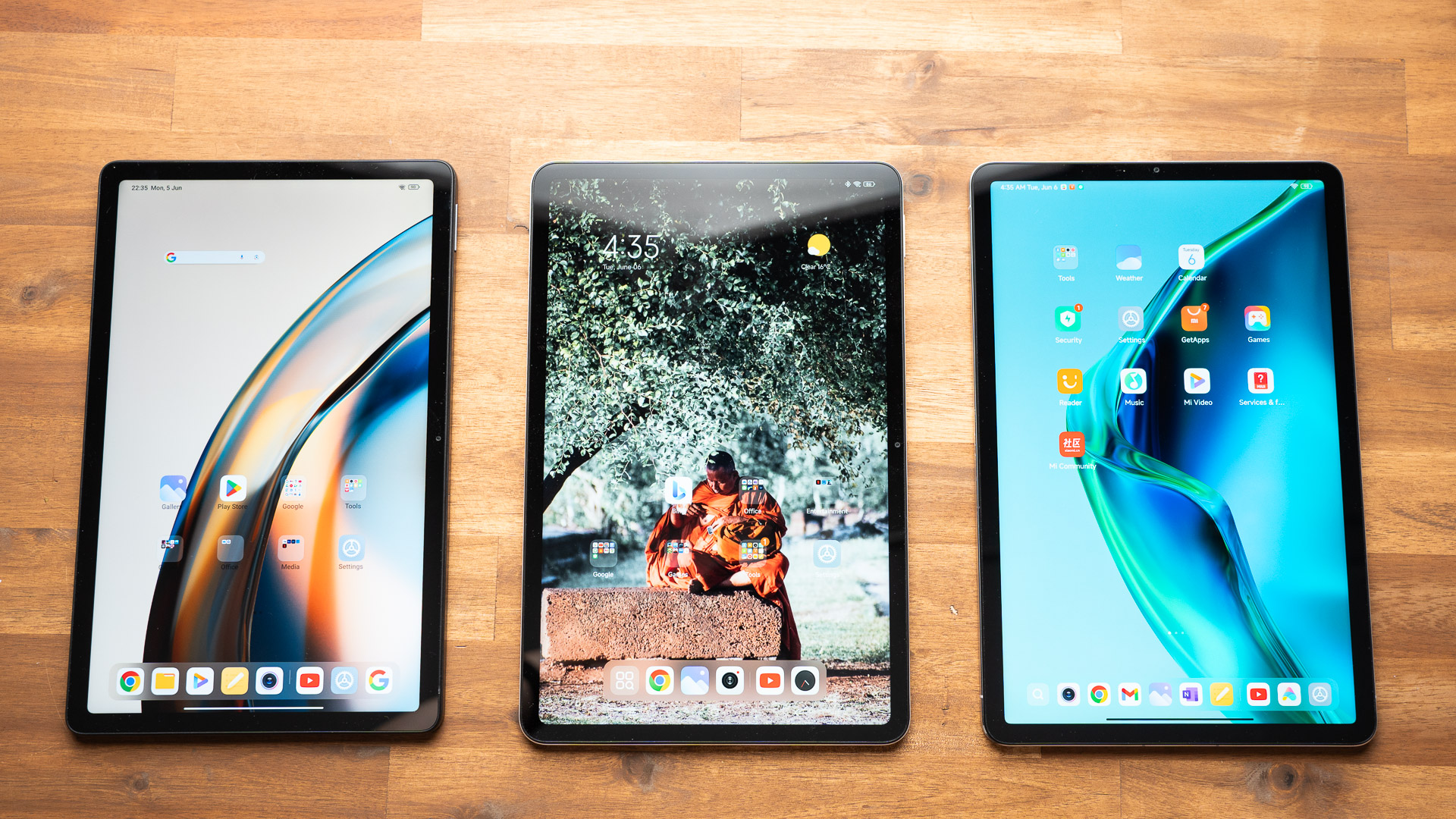Comparisons
Surface Pro 10 vs Surface Pro 9: Battle of Business Tablets
We compare the Surface Pro 10 to the Surface Pro 9 to find out if it’s worth upgrading or not.
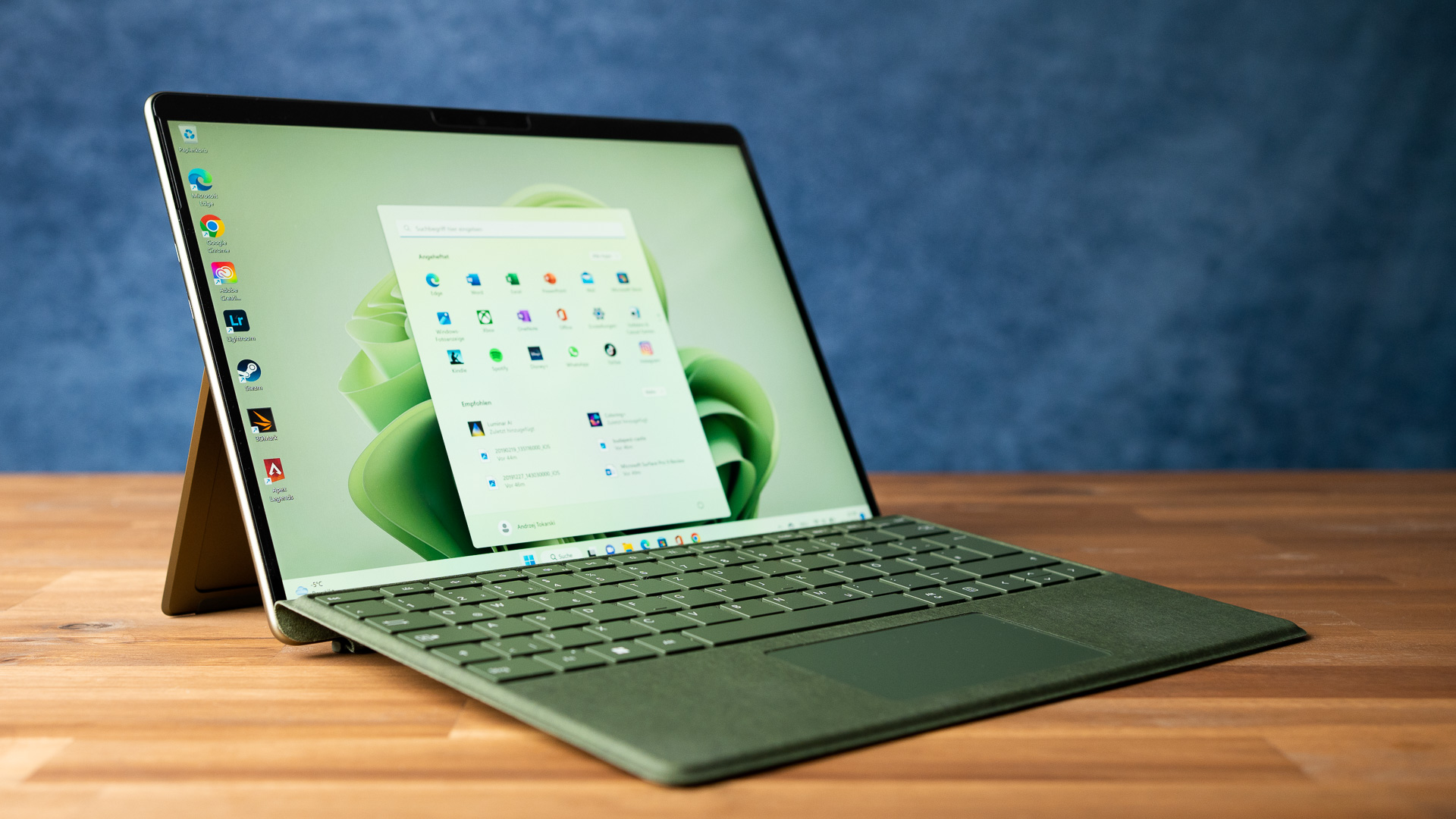
Microsoft recently held its “New Era of Work” virtual event, which was centered around Windows Copilot and Surface devices for business customers. During the event, Microsoft unveiled its latest device, the Surface Pro 10. Although the Surface Pro 10 is not a complete redesign of its predecessor, the Surface Pro 9, it still comes with some upgrades.
Want to know what’s the difference between the Surface Pro 10 for Business and the Surface Pro 9? We compared them side-by-side and got some interesting results.
| Features | Surface Pro 10 for Business | Microsoft Surface Pro 9 |
| Display | 13 inches, 2880×1920 pixels resolution, 120Hz refresh rate | 13.3-inch PixelSense touch display, 2880×1920 resolution, 120Hz refresh rate |
| Processor | Intel Core Ultra 5 135U, Core Ultra 7 155U | Wi-Fi model: 12th-generation Intel Core i5-1235U or 12th-gen Intel Core i7-1255U; 5G model: Microsoft SQ3 |
| Storage | 256GB/512GB/1TB | 128GB/256GB/512GB/1TB |
| Operating System | Windows 11 Pro or Windows 10 Pro | Windows 11 |
| Connectivity | 2 Thunderbolt 4, Surface Connect, Surface Keyboard | Wi-Fi model: 2 Thunderbolt 4, Surface Connect; 2 USB-C 3.2 |
| Dimensions | 287×208.6×9.3mm | 287×208.6×9.3mm |
| Weight | 879g | 884g |
| Colors | Platinum, Black | Sapphire, Forest, Platinum, Graphite |
Pricing and Availability
The Surface Pro 10 for Business is aimed at professionals and is marketed as a work-oriented tablet. It comes with a new Core Ultra system-on-chip architecture. The Surface Pro 10 for Business is available at a retail price range of $1,200 for the base model, while a fully upgraded model can cost up to $2,800.
The Microsoft Surface Pro 9 is the best Windows tablet you can buy at the moment. It offers a premium built, newest Intel processors, a pretty 120Hz display, as well as fantastic accessoires with the Slim Pen 2 and Signature Keyboard. Sadly, the battery life is short and not much has changed compared to the Surface Pro 8.
The Surface Pro 9, on the other hand, made its debut in October 2022 and was priced between $1,000 and $2,600 for a fully loaded Core i7 configuration. It was the first Surface tablet to offer a Snapdragon CPU option alongside the standard Intel Core chips.
Both tablets are available directly from Microsoft and through online retailers.
Display and Design
We recently got our hands on the Surface Pro 10 and got our first impressions. The tablet maintains the familiar design of the Surface Pro series, with relatively thick bezels at the top and bottom, but thinner on the sides, housing stereo speakers. A notable design improvement is the hidden, but easily replaceable, SSD, which no longer requires tools for access, showing Microsoft’s move towards easier repairability.
Both Surface Pro 10 and Surface Pro 9 weigh around 884 grams, the two models are practically identical. At 600 nits, the Surface Pro 10 is a lot brighter than the Surface Pro 9 which has 450 nits brightness.
The Surface Pro tablets have always got glowing reviews for their display quality. Both Surface Pro 10 for Business and Pro 9, come equipped with a 13-inch LCD touch display that boasts a 2,880 x 1,920 pixel resolution and 3:2 aspect ratio. As an added feature, the latest Surface Pro 10 also has an anti-reflective coating for the LCD display.
The Surface Pro tablets can easily transform into Windows 2-in-1 laptops with the help of a Type Cover keyboard. The good news is that even the latest Surface Pro 10 is compatible with the keyboard cover and with the Surface Pen too.
Performance
The Surface Pro 10 comes powered by an Intel Core Ultra chipset that goes big on AI and graphics. You can opt for either a Core Ultra 5 135U or a Core Ultra 7 155U, with a maximum RAM of 32GB or 64GB respectively. These 12-core processors are touted to offer a significant performance boost compared to the previous generation.
Another worthy feature is the Intel AI Boost, which is a built-in NPU (neural processing unit). With AI becoming a part of our daily lives through ChatGPT, Google’s Gemini and other popular platforms, the AI boost feature aims to enhance generative AI processing.
Also Read: Best Windows Tablets to Buy
On the contrary, the Surface Pro 9 lets you opt for either 12th-generation Intel Core i5-1235U or Core i7-1255U CPU. The 5G model of the Surface Pro 9 boasts Microsoft’s SQ3 chipset based on the Snapdragon Qualcomm Snapdragon 8cx Gen 3. While we have yet to review the Surface Pro 10 in detail, as per the specs on paper, it looks more powerful than the Surface Pro 9. The Intel Core chipsets seemed to be more in line with present-day heavy processing required by AI tools.
The Surface Pro 10 has storage variants that start at 256GB while the Surface Pro 9 is available with a 128GB storage base model. The Surface Pro 10, comes with an upgraded front-facing camera that boasts a 1,440p resolution. This is a significant improvement over the Surface Pro 9, which had a modest 1080p webcam.
Battery and Ports
The Surface Pro 9 has a 46.5-watt-hour battery. During our battery test, we found that the Pro 9 had a rather weak runtime of only 4.5 hours. To test the battery life, we ran a YouTube HD video on an endless loop in the Chrome browser, with the display at maximum brightness and 120Hz refresh rate. It is possible to get over 6 hours of battery life with office work, but only if you reduce the refresh rate to 60Hz and lower the display brightness.
We have not yet tested the battery performance of the Surface Pro 10, but considering its advanced AI features and more, we anticipate that its battery life will be similar to its predecessor.
The Surface Pro 10 for Business and Pro 9 offer the same selection of ports. These include two USB-C ports, a Surface Connect port, and a Surface Keyboard attachment interface. In terms of wireless connectivity, both tablets support Wi-Fi 6E. While the Surface Pro 9 supports Bluetooth 5.1 and the Pro 10 for Business supports Bluetooth 5.3. The ARM-based Surface Pro 9 only supports USB-3, while the other models all support Thunderbolt 4.
Both tablets lack a microSD card slot and headphone jack, which could be a downside for some users.
So Should You Upgrade?
The new Surface Pro 10 for Business comes with several upgrades, including a brighter display, better AI capabilities, and camera quality. This tablet could be a suitable option for those who would want a high-end Windows tablet. However, if you have been using a Surface device for a long time, you may not find enough new features to justify an upgrade, unless there are specific improvements that address your needs like the AI features.
As per our initial impressions, we think that the Surface Pro 10 shows promise, but we would like to do a more in-depth review after extended use. We are particularly looking forward to testing the new AI features. You can check out our unboxing video of the Surface Pro 10 below.
-
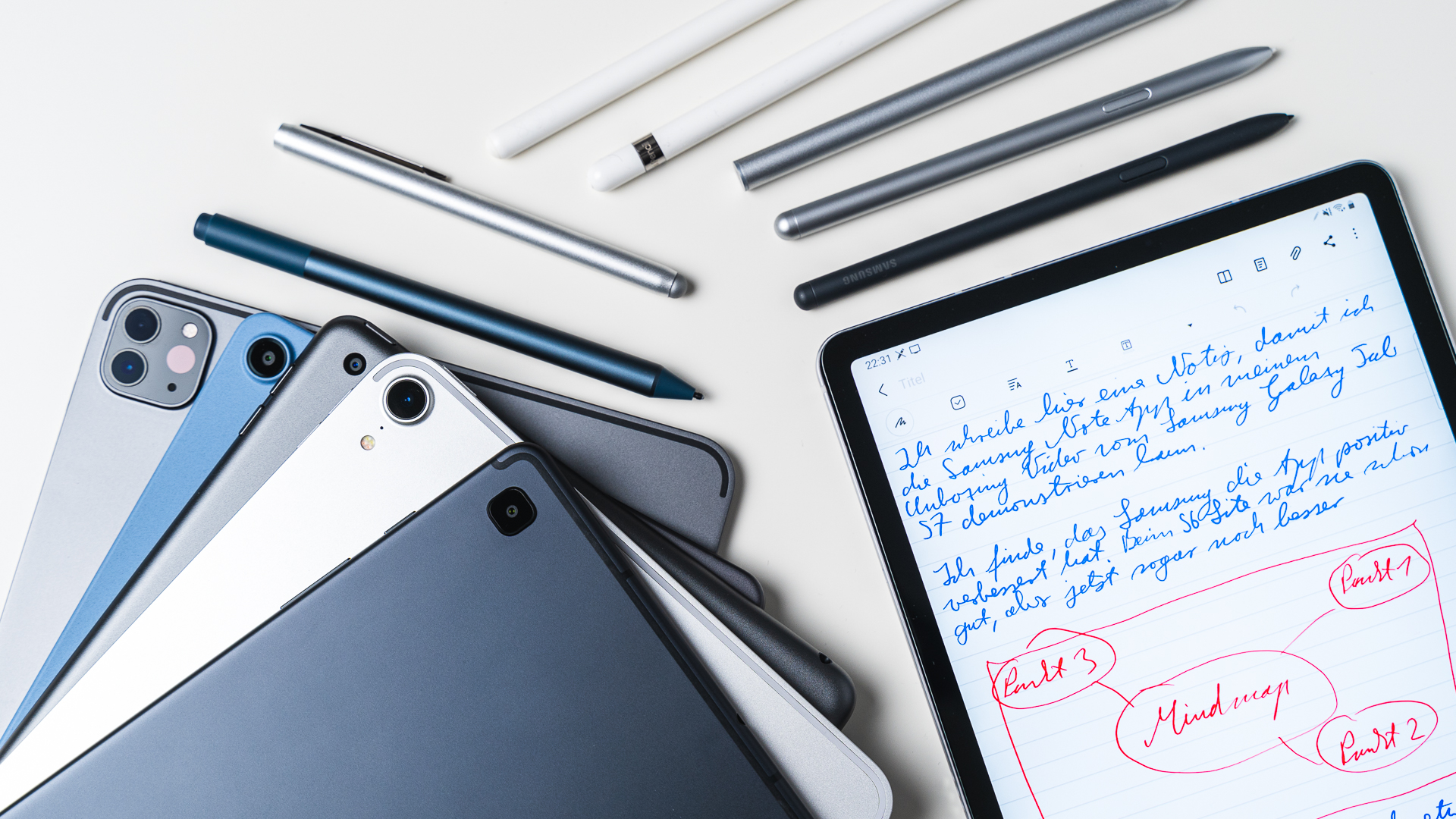
 The Best2 months ago
The Best2 months ago9 Best Tablets With Stylus Pen For Drawing & Writing | 2024 Edition
-
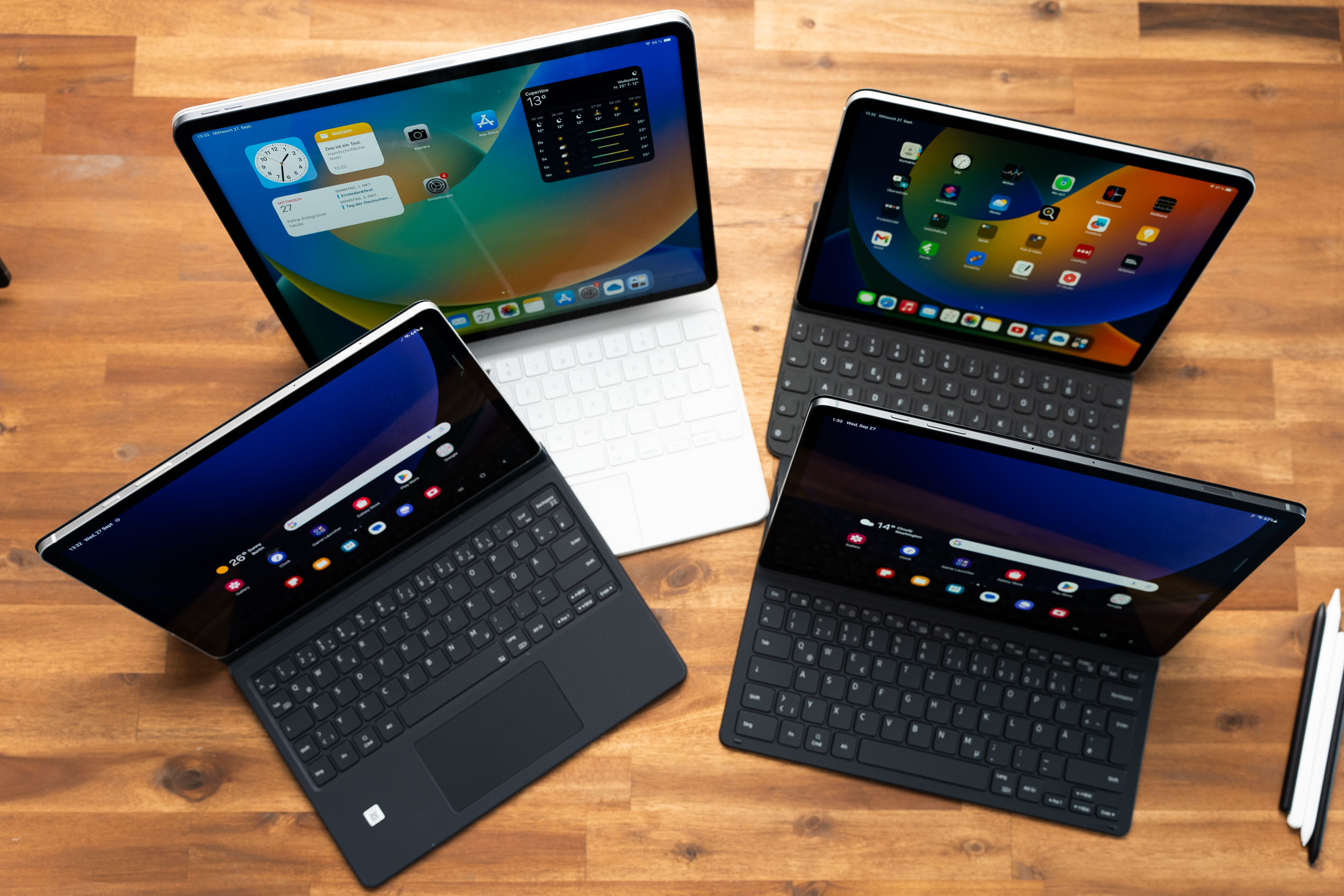
 The Best2 months ago
The Best2 months agoTop 10 Best Tablets with a Keyboard | 2024 Edition
-
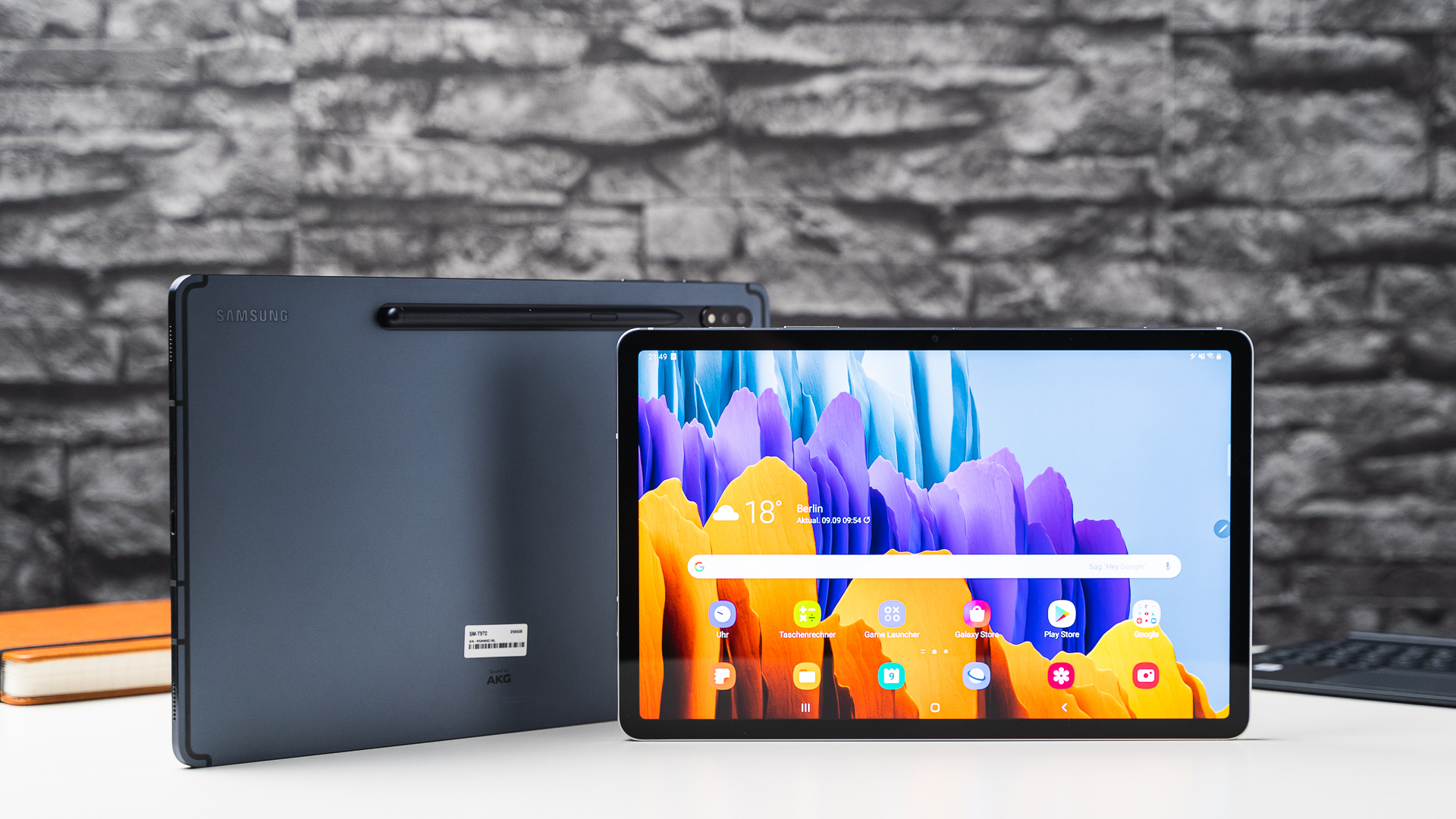
 The Best4 weeks ago
The Best4 weeks agoTop 15 Best Android Tablets Based On Real Reviews | 2024 Edition
-
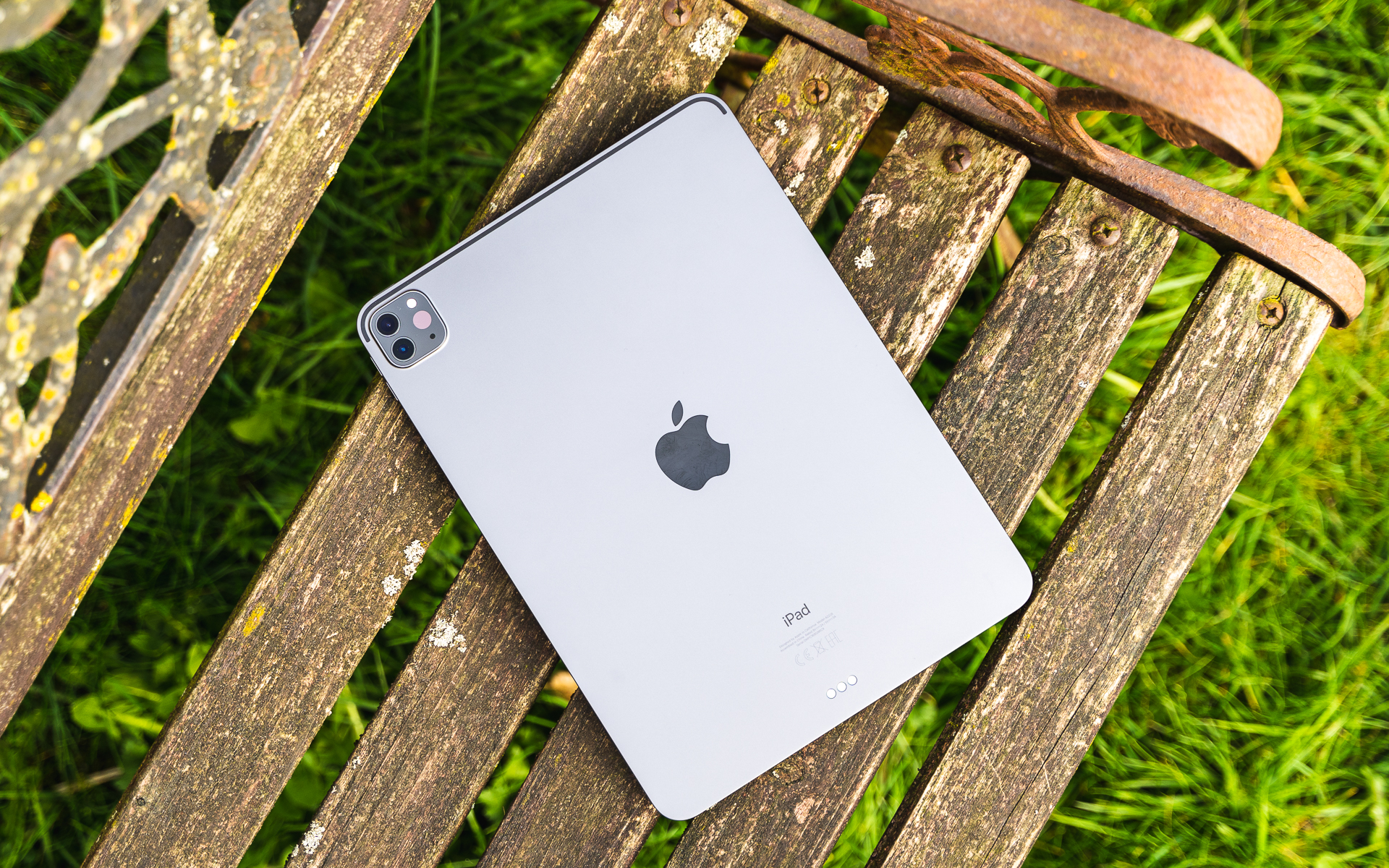
 The Best3 weeks ago
The Best3 weeks ago11 Best Tablets With 5G, 4G LTE & SIM Card Slot in 2024
-
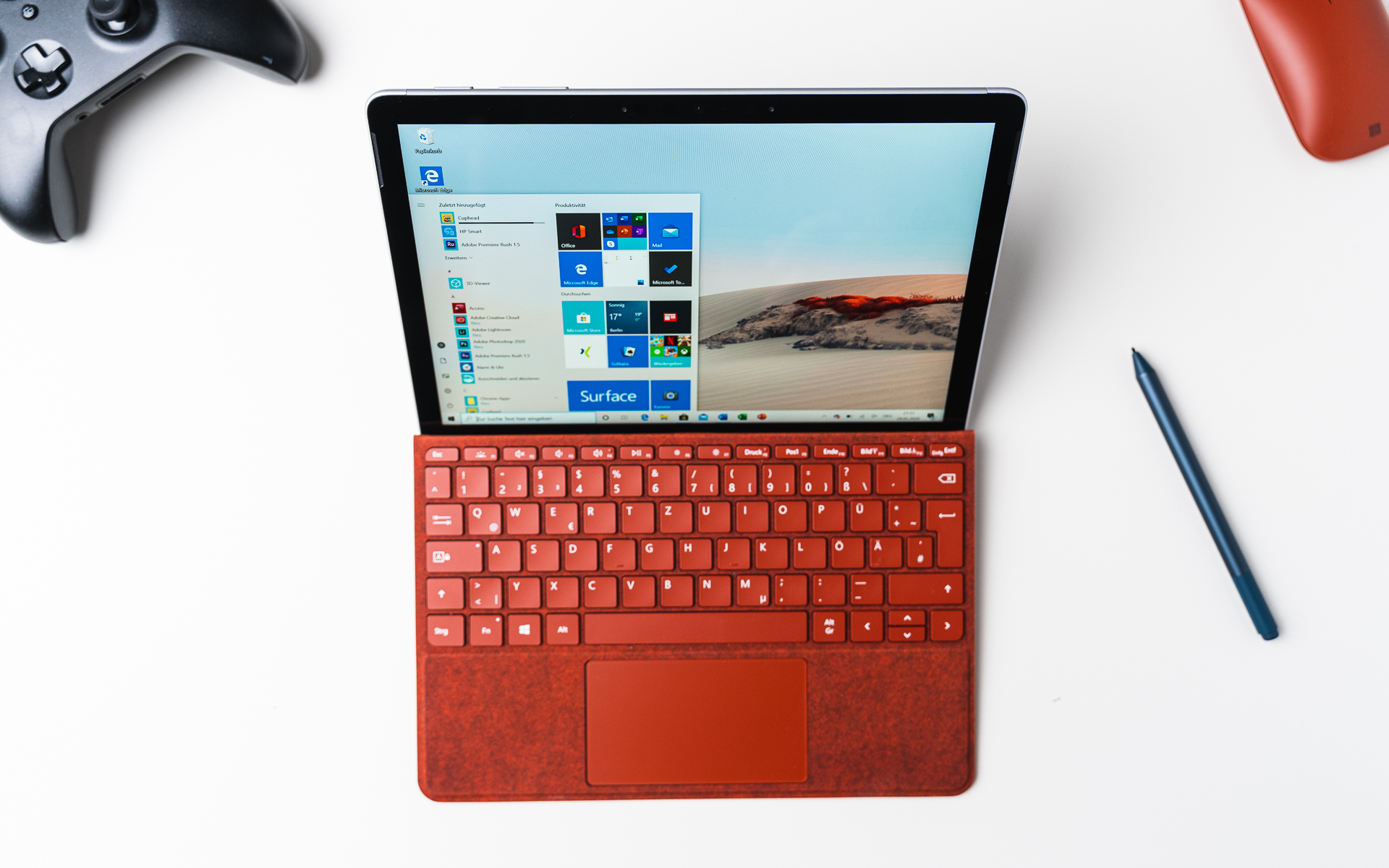
 The Best2 months ago
The Best2 months agoTop 3 Best Windows Tablets You Can Buy Today | 2024 Edition
-
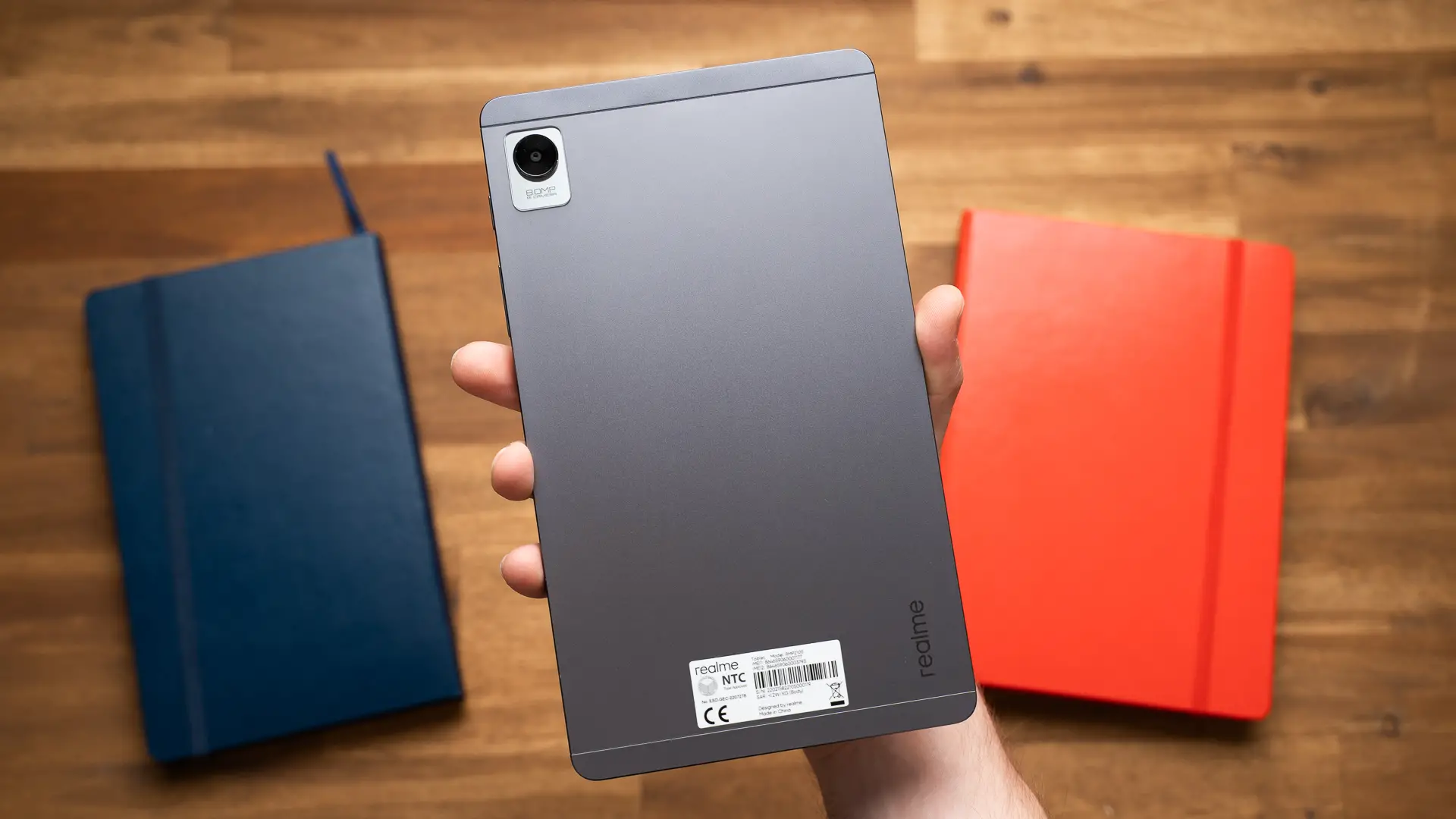
 The Best4 weeks ago
The Best4 weeks ago6 Best 8-Inch Mini Tablets Review & Comparison | 2024 Edition
-
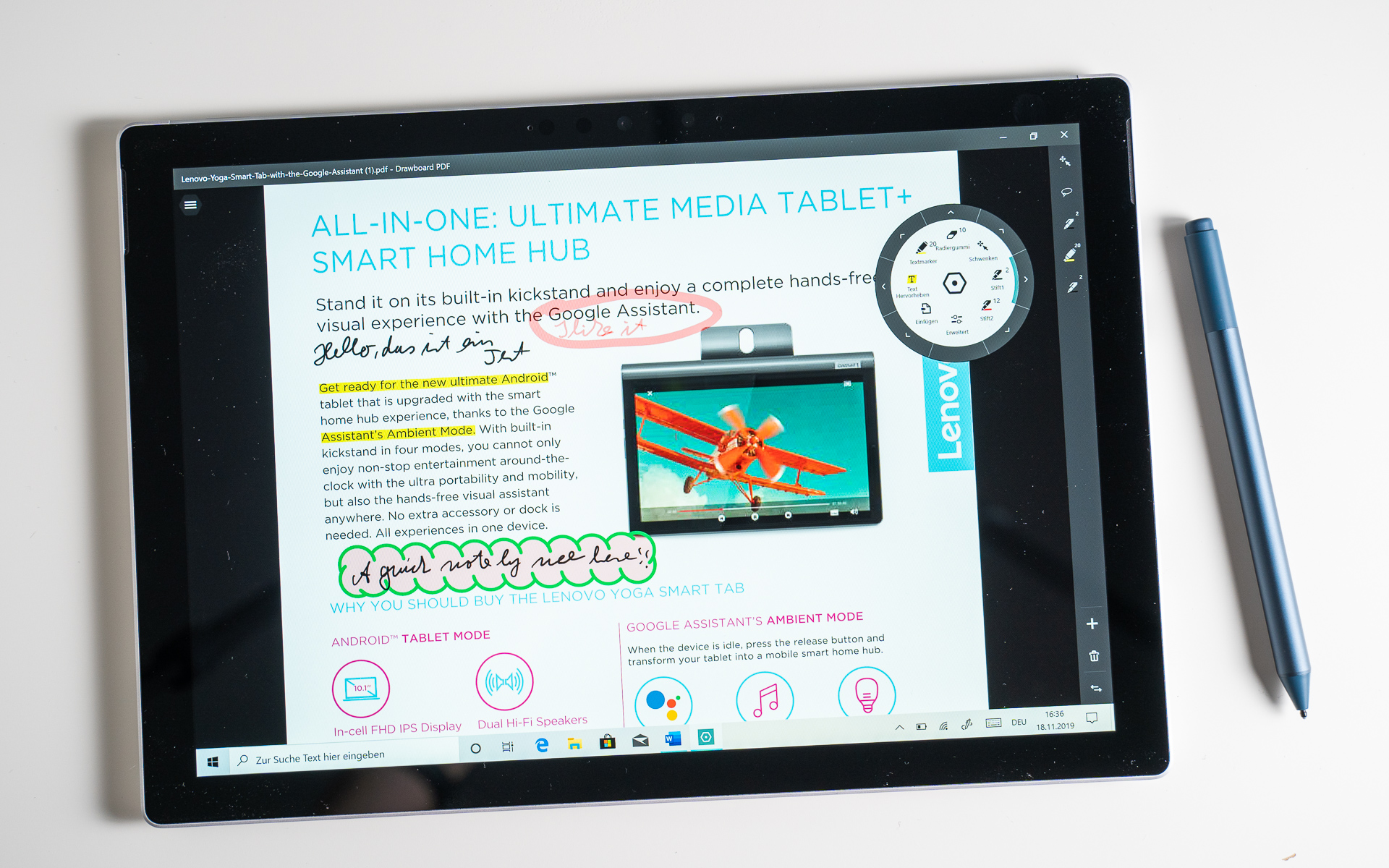
 The Best5 months ago
The Best5 months agoBest Surface Pen Apps: 16 Must-Haves for Your Surface Pro & Go
-

 The Best2 months ago
The Best2 months agoThe 8 Best Samsung Tablets: Our Big 2024 Comparison

